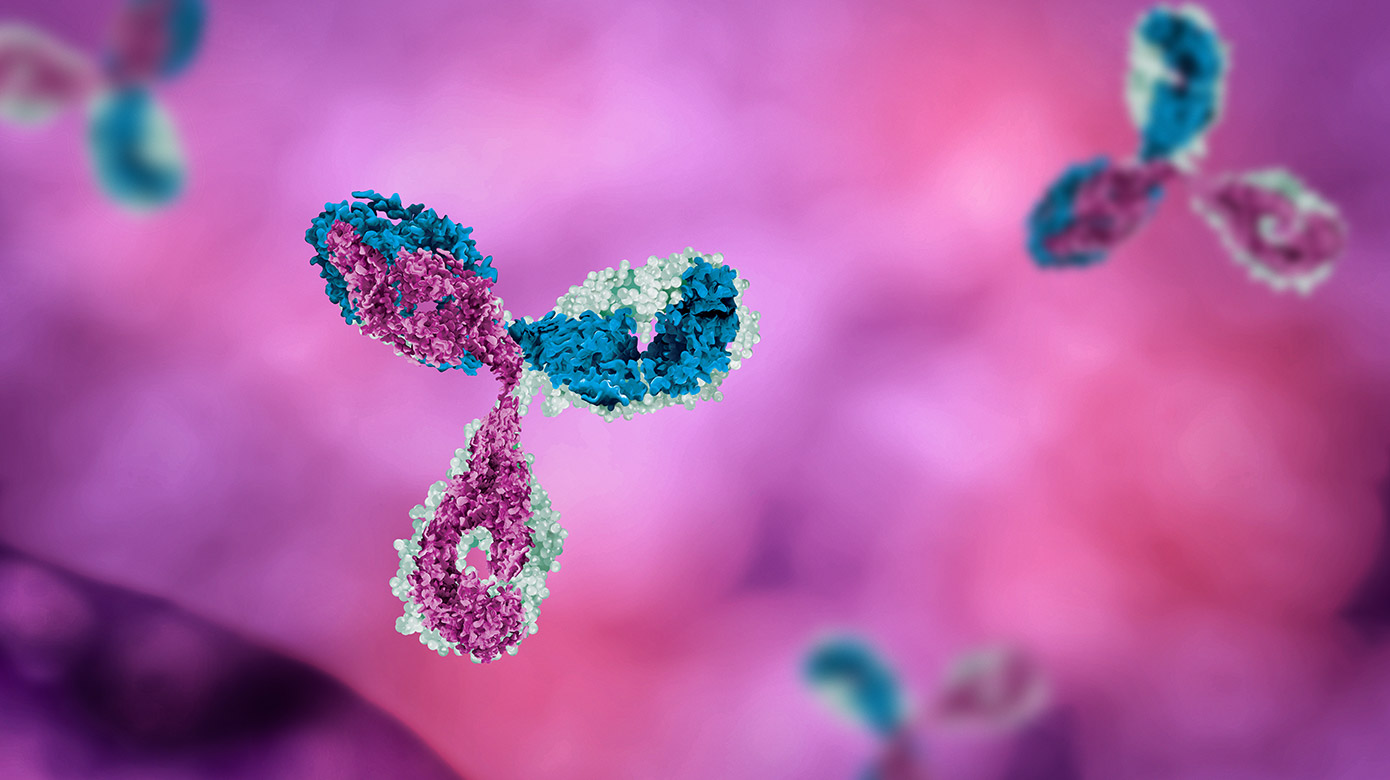Food Allergy

Food Allergy Management and Adjustment Among Youth
More than 40% of US children with food allergy experience severe allergic reactions. The majority of fatal food allergic reactions occur during adolescence and young adulthood, indicating that adolescence is a period of risk for reduced allergen avoidance and epinephrine carriage. Food allergy also leads to anxiety regarding allergen exposure, and at least 1/3 of children experience food allergy-related bullying.
With K23 funding from the National Institute of Allergy and Infectious Diseases (NIAID), Linda Herbert, Ph.D., and her team are focused on determining how to facilitate healthy adolescent adjustment to food allergy. The Team is collecting comprehensive medical and psychosocial data from up to 150 adolescents with food allergy and their parents at three time points over the course of 1 year. The goal of the project is to develop a model of factors related to food allergy anxiety, quality of life, and adherence (allergen avoidance, epinephrine carriage) that will directly lead to development of clinical interventions for this population.



